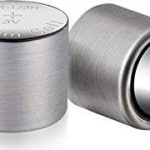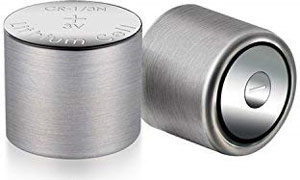Your infant may get her Initial tooth-usually a lower center one-anytime between the ages of 7 and 4 months. But do not be concerned if your baby does not show any teeth in this age. As soon as your baby starts teething, the gums around the brand new teeth will probably be swollen and tender. Teething may sometimes cause mild irritability. If your infant’s gums are sore, try out some of the following to whiten your teeth, keep teeth clean and protect against tooth decay. Wash your hands and lightly massage or rub your Baby’s gums with one of your palms. Do not use drugs that you rub the gums, since they will wash from her mouth within minutes when they are implemented. Pain relievers taken by mouth can help alleviate the distress. Give her a cold teething ring or a cold, clean, moist washcloth. Do not suspend the teething ring as injury may occur.
Provide a drink of water, or even a chilled, pureed food she normally eats. Offer restricted quantities of lemon juice in a cup. Do not place sweetened water, soft drinks, or cereal in her bottle. Should you use food to soothe tooth, make sure your infant is at a sitting posture and supervised by an adult. Never allow your baby fall asleep with a bottle, because a number of the fluid may remain in his mouth and lead to tooth decay and look at steelbitepro. This problem is known as nursing caries.Brush your baby’s teeth with a child’s soft Toothbrush or wash them with moist gauze in the conclusion of the day. The Ideal Quantity of fluoride at the Ideal age is essential for proper development of your infant’s teeth. The Canadian Pediatric Society recommends starting fluoride supplements in 6 month old when the water you are using does not contain fluoride. Ask the physician if nutritional supplements will be critical.
If your baby seems particularly irritable or has a fever over 101ºF 38o C, consult the physician. These indicators are likely not due to teething. These snacks actually adhere. Starchy foods can also be tacky in another manner. Since they are pasty foods like crackers, dry cereal, and other carbs will follow the biting surface and between the teeth. The routine use of this Strategies that we have introduced in this guide that will help you with your own teeth and gums should be implemented whenever possible. You should not rely upon these remedies should you presently have a toothache. This should be taken care of by your dentist when possible. In such situations, however, certain Remedies like saltwater or clove oil might help alleviate the pain till you can get appropriate therapy. Meanwhile, you should use these natural remedies as Preventative steps to ensure that toothaches are not as likely to occur.


